Finally, I've arrived in Poland. This trip has been a long-awaited one, delayed twice — first due to the pandemic and then because of war concerns. I've always heard about the beauty of Polish women and was excited to see them in real life. Though the visit to Poland was relatively short, I'm grateful for the opportunity to explore Krakow and Wieliczka.
About Poland
🇵🇱
Poland has earned recognition for its production of a wide range of agricultural and horticultural products, as well as its renowned Polish ceramics and pottery. This nation has been the home of many notable individuals, both past and present, with a rich heritage of influential scientists, authors, poets, and actors contributing to global culture over the centuries.
If you're a vodka fan, you might be intrigued to learn that its origins are a subject of debate, often disputed by Russians. Nevertheless, evidence suggests that vodka was first crafted in Poland. The earliest documented reference to this spirit can be traced back to Polish court records from 1405. Initially, vodka served medicinal purposes. Poland's history with this iconic drink dates back to the Middle Ages, and today, Polish distilleries continue to produce some of the world's finest vodkas, yielding approximately 260 million litres each year.
Krakow
Kraków, one of Poland's major cities, is renowned for its grand historic architecture and significant cultural contributions. Situated in southern Poland near the Czech Republic border, Kraków is celebrated for its exceptionally well-preserved medieval nucleus and Jewish district.
Kraków holds the distinction of being the world's first UNESCO World Heritage Site. In 1978, Kraków's historic centre became one of the inaugural entries on the UNESCO World Cultural and Natural Heritage List, a testament to its remarkable historical and architectural significance. The city boasts a wealth of historical edifices, including churches, monasteries, prominent public structures, the remnants of medieval city fortifications, and elegant palaces and townhouses; many of which were designed and constructed by renowned architects and skilled craftsmen.
Cloth Hall
The Kraków Cloth Hall, located in Lesser Poland, is a splendid example of Renaissance architecture and stands as one of the most iconic landmarks in the city. It forms the centrepiece of the Main Market Square in the historic Kraków Old Town, an area designated as a UNESCO World Heritage Site since 1978.
This building, which now dominates the heart of the Main Market Square, was originally established in the early 14th century with the addition of a roof over two rows of stalls. Over time, it evolved into a 108-meter-long Gothic structure and later underwent a Renaissance-style reconstruction following a fire in 1555. The late-19th-century arcades are a more recent addition. Presently, the ground floor bustles with commerce, offering diverse crafts and souvenirs. The upper floor houses the Gallery of 19th-Century Polish Painting.
Details
Location : Rynek Główny 1/3, 31-042 Kraków, Poland.
Business hours : Tue - Sun (10.00am - 6.00pm) ; Closed on Mon
How to get there : Cloth Hall is conveniently situated in the heart of Kraków's Old Town. It's just a 4-minute drive or a leisurely 12-minute walk from the main railway station (Kraków Główny) to the main square.
Wawel Cathedral
The Wawel Cathedral, formally known as the Archcathedral Basilica of Saint Stanislaus and Saint Wenceslaus, is a significant Catholic cathedral located atop Wawel Hill in Kraków, Poland. With a history spanning nearly 1,000 years, it is an integral part of the Wawel Castle Complex. It is a national sanctuary, having served as the historic coronation venue for Polish monarchs.
This cathedral stands as one of the most extensive royal burial grounds globally. It began with the interment of Wladyslaw Lokietek, who passed away in 1333. His tomb, commissioned by Casimir the Great around 1350, is positioned opposite the entrance to the sacristy. In fact, nearly all Polish monarchs have found their final resting place within the hallowed walls of the Wawel Cathedral.
Details
Location : Wawel 3, 31-001 Kraków, Poland.
Business hours : Mon - Sat (9.00am - 3.30pm) ; Sun (12.30pm - 3.30pm)
How to get there : From Krakow main train station, take tram numbers 10, 19, and 40, you'll need to use a different tram stop for the number 19 tram. Instead of the one on Lubicz, you should use the tram stop on Pawia.
Saint Mary’s Basilica
Saint Mary's Basilica (Kościół Mariacki) is a striking Brick Gothic church located next to the Main Market Square in Kraków, Poland. Its construction began in the 14th century, with its foundations tracing back to the early 13th century, making it an outstanding example of Polish Gothic architecture.
The crowning jewel of this Krakow landmark is the renowned Veit Stoss Altar, a masterpiece dating from the late 15th century. This exquisite piece stands as the largest Gothic altar of its kind in all of Europe. What's more, the iconic St. Mary's bugle call is played every hour from the church's tower, adding to the unique charm of this historic site.
Details
Location : plac Mariacki 5, 31-042 Kraków, Poland.
Business hours : Mon - Sat (11.30am - 6.00pm) ; Sun and Holidays (2.00pm - 6.00pm)
How to get there : Cubbon Park Metro station is the closest metro (1.5 km)
Food
Restaurant & Cafe Cafe Art
Restaurant & Cafe Cafe Art offers authentic Polish cuisine and is conveniently situated near Krakow's Rynek Glowny Central Square. Guests have the option to dine indoors or outdoors, and we opted for the latter to embrace the chilly weather. Despite the -10°C temperature, sitting in the heated tent was an enjoyable experience.
Our orders were promptly served, and we savoured each dish. Highlights included the delicious hot chocolate with Baileys, the flavorful mushroom soup served in a bread bowl, and the delightful fettuccine dishes - one with feta cheese and spinach, and the other with shrimp and cherry tomato. The hot chocolate with Baileys was particularly memorable and perfect for the cold weather. The mushroom soup in a bread bowl brought back fond memories of childhood dining experiences with my father, who often ordered a similar dish at a now-closed restaurant.
Overall, we appreciated the cosy ambience and elegant decor of Cafe Art. I highly recommend visiting this establishment when in Krakow.
Details
Location : 23 Market Square Cracow, Krakow31-008 Poland.
Business hours : Sun - Thu (9.00am - 12.00am) ; Fri - Sat (9.00am - 1.00am)
Hotel
Novotel Krakow City West
The 4-star Novotel Kraków City West is conveniently located just a 15-minute drive from Kraków-Balice airport and within a 30-minute walk to the Old Town. This hotel offers spacious and air-conditioned rooms with free internet, featuring warm-coloured furniture, a work area, and amenities such as an electric kettle, a safe, and a fridge.
Guests can enjoy a rich breakfast buffet, and the hotel's restaurant serves Polish and international dishes throughout the day. The modern lobby includes plush seating, a library, and a dedicated kids' corner. Additionally, there's a Novo2 Lounge Bar with live music for guests to enjoy.
Details
Location : Armii Krajowej 11, 30-150 Kraków, Poland.
Cost : RM300 - RM600++ per night
Check-in time : ; Check-out time :
How to get there : The nearest train station is Kraków Łobzów.
Wieliczka
Wieliczka's history can be traced back to the Middle Ages, earning it the impressive moniker of Magnum Sal, or the Great Salt. By the 13th century, it had gained recognition as Poland's most significant salt source and played a vital role in the country's economy over the years.
Wieliczka Salt Mine
Wieliczka Salt Mine include shafts and labyrinthine passageways, displays of historic salt-mining technology, an underground lake, four chapels numerous statues carved by miners out of the rock salt, and more sculptures by contemporary artists. (Included lift).
Have you ever been inside a salt mine? When you visit Poland with Trafalgar, it takes you to see the 800-year-old Wieliczka Salt Mine, one of the oldest in the world. It’s famed as the Underground Salt Cathedral of Poland and you’ll see chambers, sculptures, salt chandeliers, and an entire chapel carved from rock salt when you venture 135 metres (440 feet) below the ground with your guide. The UNESCO World Heritage Site has been producing salt continuously since the 13th century until 2007, and you’re sure to be amazed by the history and unique carvings of this salt mine.
Details
Location : Daniłowicza 10, 32-020 Wieliczka, Poland.
Business hours : Daily (9.00am - 5.00pm)
How to get there :
Train - Board at the Krakow Glowny station and get off at the Wieliczka Rynek Kopalnia station. You can walk from the station to the mine in a few minutes.
Bus - Board at the Dworzec Glowny Zachod stop near Galeria Krakowska.
It was an amazing trip, and I'm thrilled to finally check it off my bucket list. Initially, our tour guide warned us that Polish people might come off as serious and not as friendly compared to other European countries. I did encounter this attitude with one of the staff at the salt mine, which confirmed the stereotype. However, upon reaching Krakow, I was pleasantly surprised by how friendly everyone was. While they may not smile at strangers in public often, I believe Polish people prefer to maintain a certain distance and are not overly direct. Anyway, I can't wait to share my travel itineraries for Slovakia and Hungary with you all soon. Until next time!
Travel Vlog
( Subscribe to my YouTube Channel : TheShinilola )
#ShiniInPoland
For more photos, search the hashtag #ShiniInPoland on Instagram. There, you can also find additional details about my personal experiences during the trip.


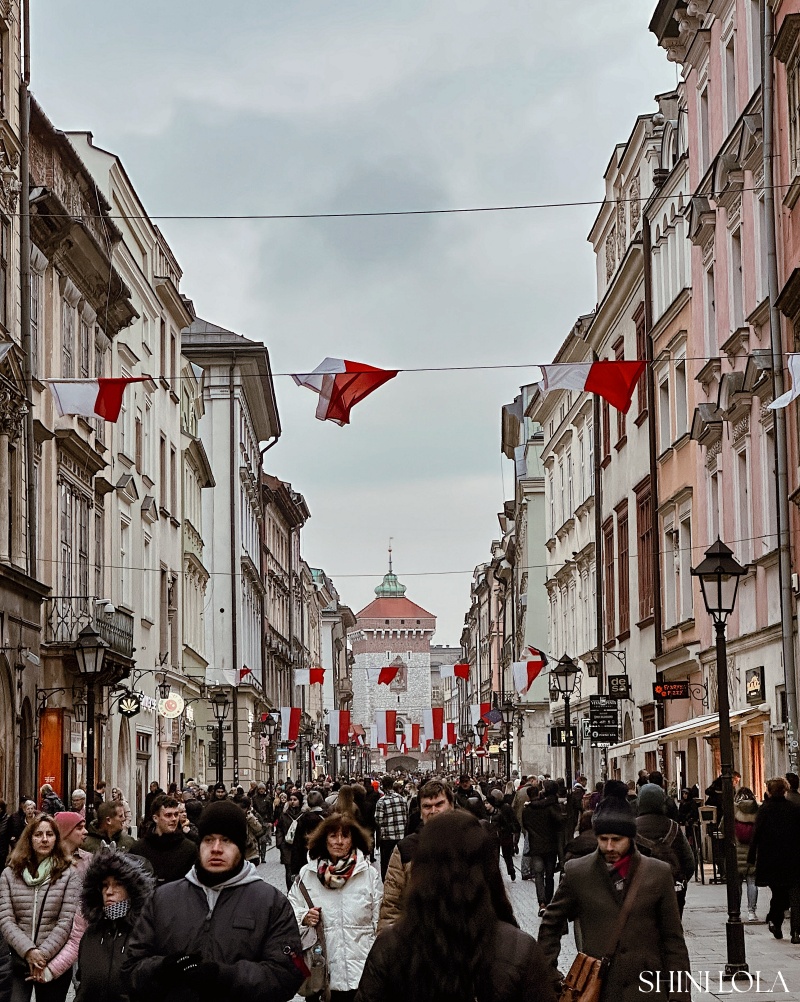






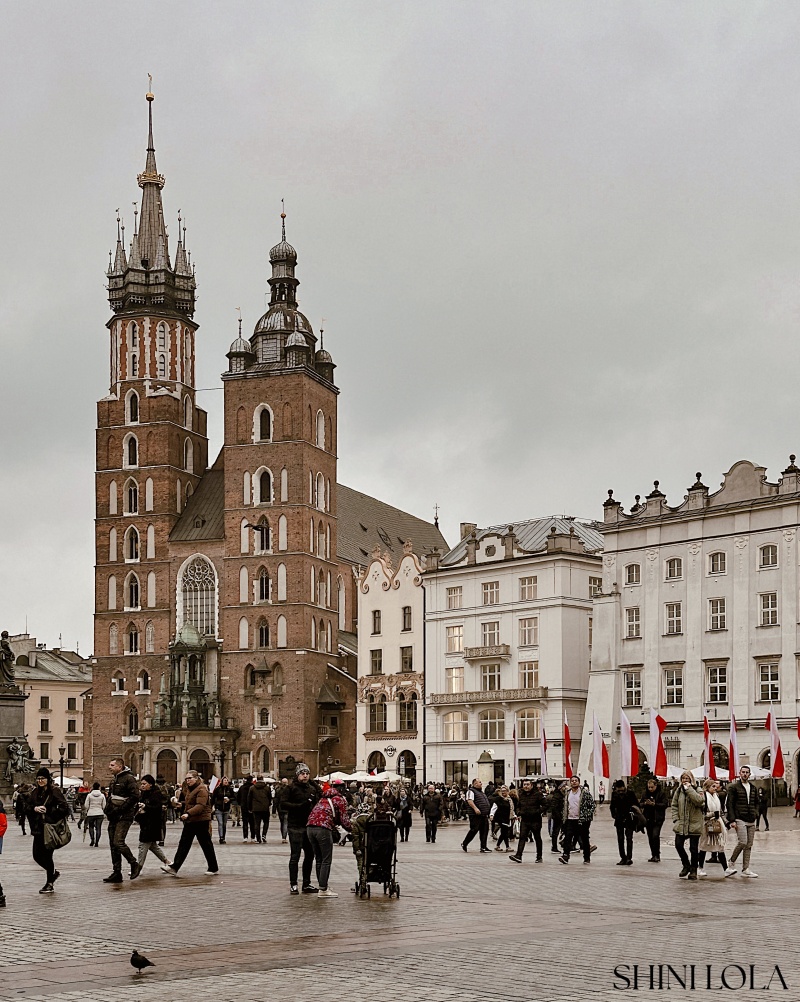

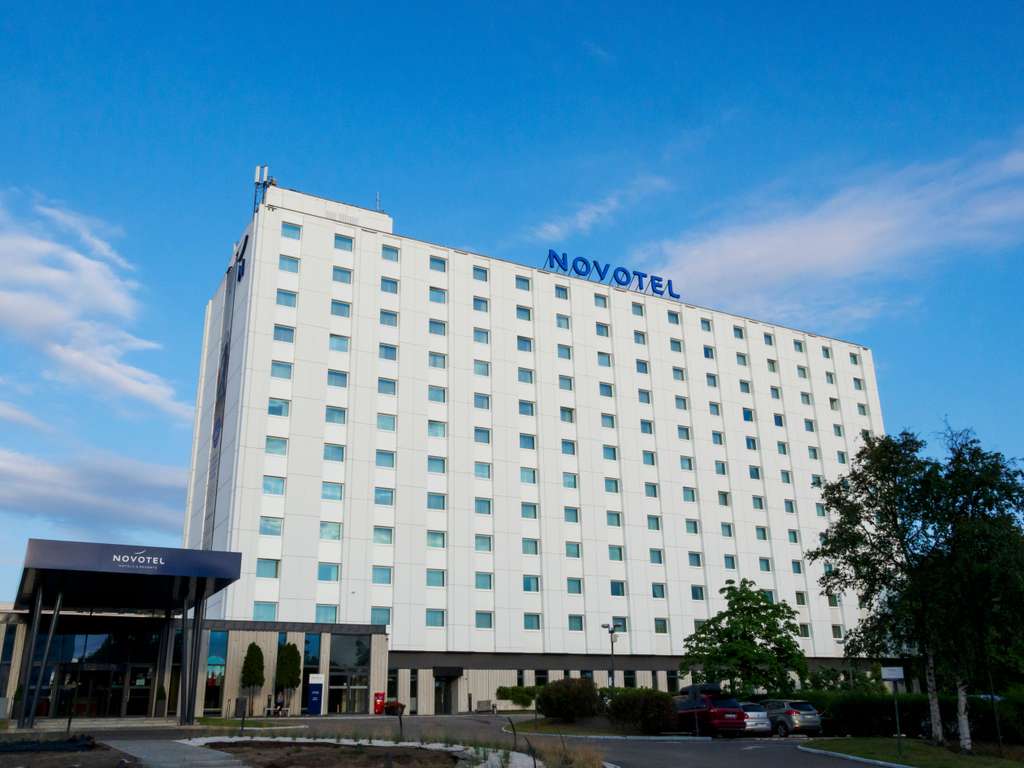
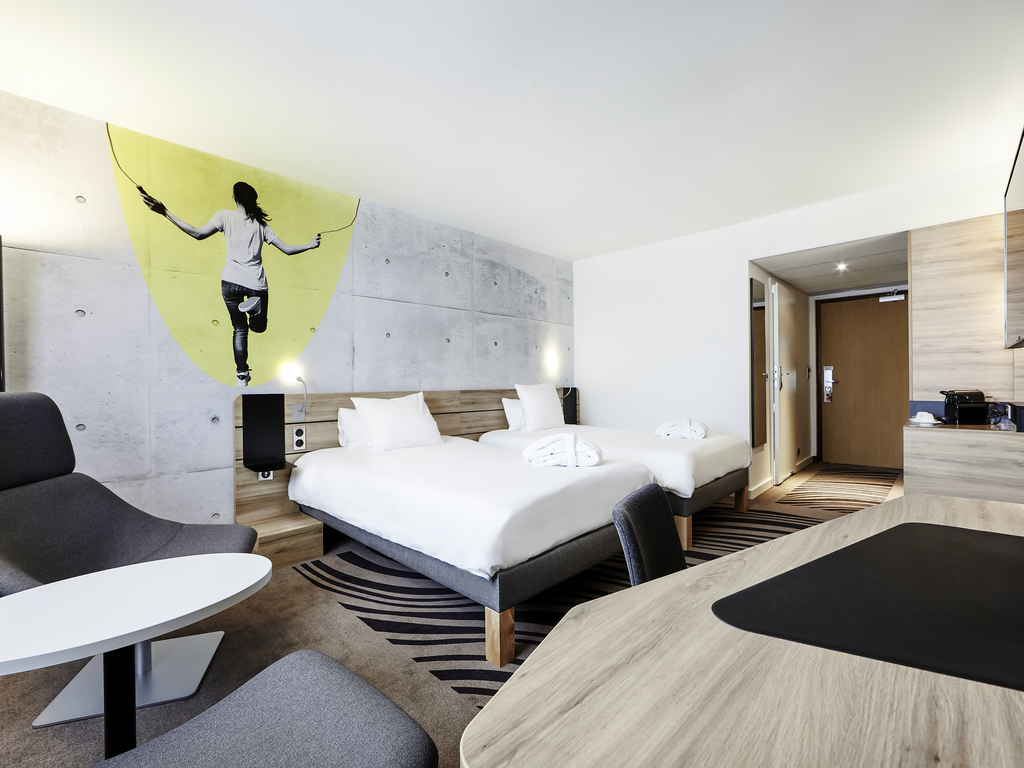

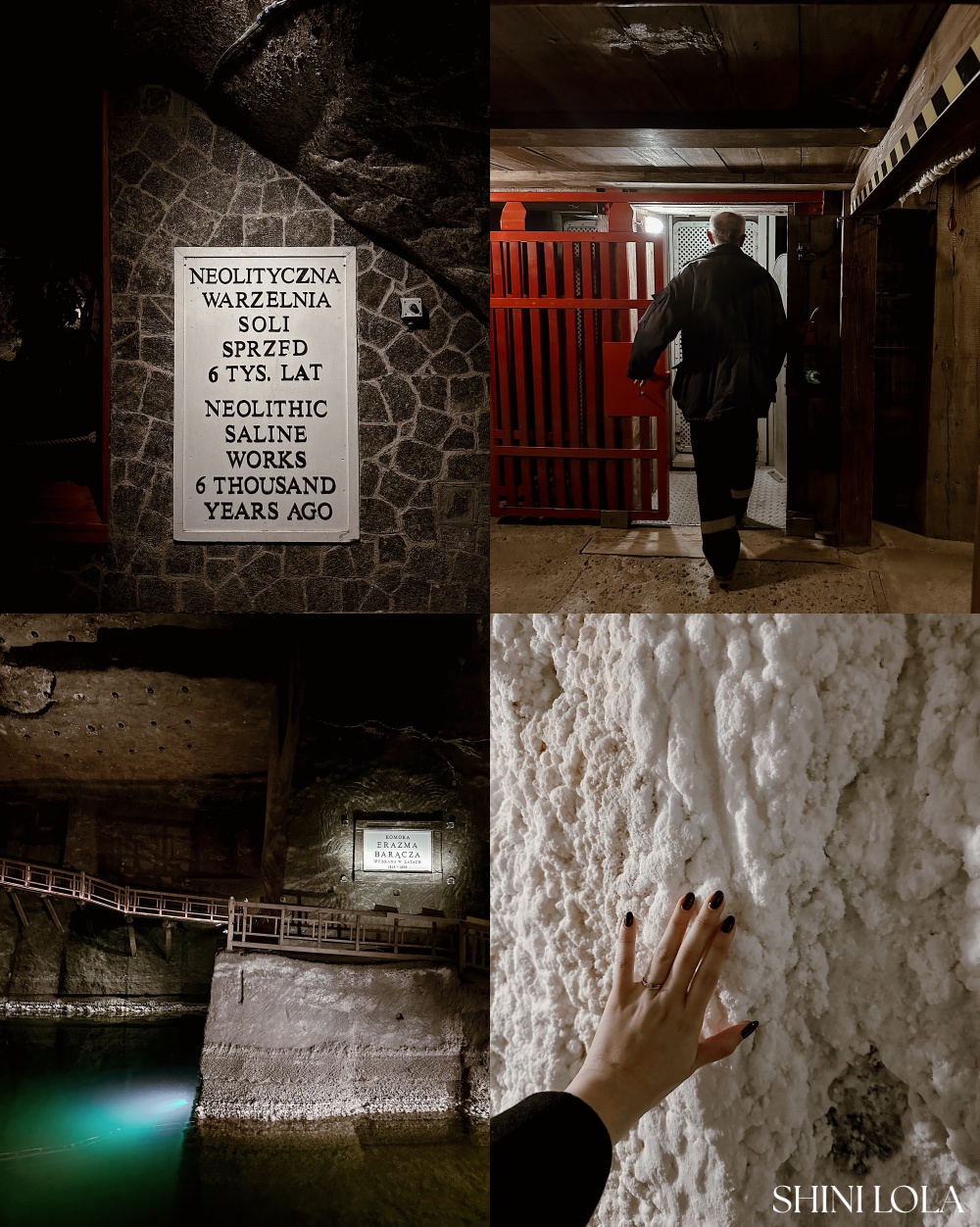





0 comments